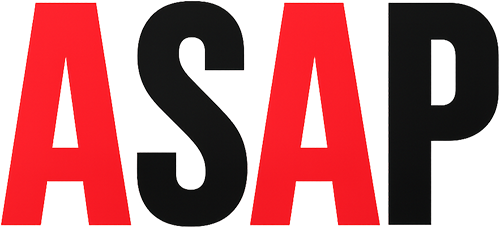「Webサイト」と「ホームページ」は、インターネットに関連する用語としてよく耳にしますが、厳密には異なる意味を持っています。日常的には混同されることが多いものの、それぞれの役割や定義を知っておくと、より正確に使い分けることができます。
「Webサイト」とは、特定のドメインに関連付けられた複数のウェブページが集まったものを指します。一つのWebサイトの中には、トップページ、会社概要、サービス情報、問い合わせフォーム、ブログ記事などさまざまなページが存在します。これらすべてをまとめて「Webサイト」と呼ぶのが正しい使い方です。企業や組織がインターネット上で情報発信をするために作られた一連のコンテンツやページ全体がWebサイトに該当します。
一方「ホームページ」とは、通常そのWebサイトの入り口にあたるページ、つまりユーザーが最初に訪れることを想定して設計されたページを指します。一般的には、企業の概要や最新情報が掲載されているメインページがホームページと呼ばれます。例えば、ニュースやキャンペーン情報へのリンクが掲載されていたり、他の重要なコンテンツへと導く役割を果たしていたりします。
以前であれば、「ホームページ」と言えばインターネット上の全体的なサイトを指すこともありましたが、技術が進化しWebサイトが多機能化した現代では、この用法は少し時代遅れとなりつつあります。
そのため、技術的な文脈やビジネスの場面では「Webサイト」を使用する方が適切です。たとえば、クライアントとの打ち合わせで「当社のWebサイトをご確認ください」と言えば、その全体を指すためより明確な表現となります。一方で「ホームページ」という言葉はWebサイトの入り口やメインページの意味に限定されるため、すべてのページを含む場合には誤解を招く恐れがあります。
ただし、日常会話やカジュアルな場面では一般の人々が「Webサイト」と「ホームページ」を同義語として扱うことも多いため、文脈に応じて柔軟に使い分けることが求められます。たとえば、家族や友人との会話で「そのお店のホームページ見てみた?」と言った場合、相手は自然にWebサイト全体を想像するかもしれません。したがって、正確さが求められる場面では「Webサイト」、気軽な場面では文脈に応じて「ホームページ」を使うという意識を持つとよいでしょう。
このように、「Webサイト」と「ホームページ」にはそれぞれ異なる定義と使い方がありますが、現代のインターネット文化の中で使い分けが曖昧になることも少なくありません。私としては、お客様のITリテラシーによって変えることにしています。別のものと思われると話が違うほうに行く可能性もありますし。
“Website” and “homepage” are terms frequently heard in connection with the internet, but they have distinct meanings when used correctly. While they are often used interchangeably in daily conversations, understanding their roles and definitions can help ensure more accurate usage.
A website refers to a collection of multiple web pages associated with a specific domain. Within a website, you might find a variety of pages such as the main landing page, company profile, service details, contact forms, and blog articles. All of these pages combined constitute what is known as a website. It serves as a comprehensive platform for businesses or organizations to share information and communicate online.
On the other hand, the homepage typically refers to the entry point or main page of a website, designed to be the first page a user sees when visiting the site. Generally, the homepage contains key information such as an overview of the organization, links to important sections, and highlights of the latest news or promotions. It acts as a gateway, guiding users to other significant content within the site.
In the past, the term “homepage” was sometimes used more broadly to refer to the entire website. However, as technology evolved and websites became more complex, this usage has gradually become outdated.
Thus, in technical contexts or professional settings, using the term “website” is more appropriate. For example, during a client meeting, saying “Please check our website” is clearer and encompasses the full range of pages and content available. In contrast, using “homepage” may create confusion, as it specifically refers to the main page and not the entire site.
That said, in casual conversations or informal settings, people often treat “website” and “homepage” as synonymous, so understanding the context is important. For instance, when speaking with family or friends, if someone says, “Have you checked out the homepage of that store?” the listener will likely interpret it as the entire website. Therefore, in situations where precision matters, it’s best to use “website,” while in more relaxed contexts, adapting to the flow of conversation and using “homepage” when appropriate is acceptable.
Overall, while websites and homepages have distinct definitions and functions, modern internet culture has blurred the lines between the two terms in many cases. Personally, I adjust my language depending on the IT literacy of the audience. If the distinction isn’t clear to them, there’s a risk that the conversation could go off-track. Thus, being aware of these nuances ensures effective communication tailored to the situation.
株式会社ASAP
及川知也

